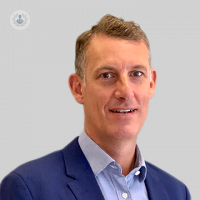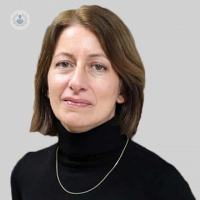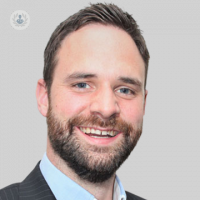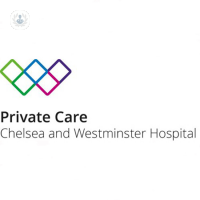Children’s primary care
What is children’s primary care?
Primary care for children is the local healthcare that they receive from general practitioners (GPs), paediatricians, walk-in-centres, dentists, pharmacists and opticians. Primary health care providers provide the first point of contact in the healthcare system.
The Children’s National Service Framework in the UK has set up the Child Health Promotion Programme, a program of scheduled healthcare visits to track the health and development of children from birth all the way through adolescence. The role of the programme is also to promote children’s health, as well as screen for health issues, so provides a holistic assessment of every child.
The different types of primary care providers
GPs (General Practioner)
The GP is the family doctor that children see when they are sick. They usually work in a clinic with nurses, healthcare assistants, receptionists and other staff. The GP keeps a record of a child’s medical history, tests and vaccinations. They provide health assessments, treatment for common ailments, medical prescriptions and health advice.
GP visits are important as they are often the first point of contact before referring a child to a paediatrician if they need more specialised care.
Health visitors
From the age of zero until five, a health visitor (a nurse who works with families) will schedule regular appointments with a child, as part of the Healthy Child Programme. The appointments will cover vaccinations, your child’s development and give the parent a chance to ask questions about the health of their child. Parents can receive advice for feeding, sleeping and teething.
Health visitors are the personnel that also visit children if non-accidental injuries are suspected if they suspect that the children are being neglected or if parents did not attend an important referral. Priority is given to children in special circumstances, such as children with disabilities, asylum seekers and those with parents who abuse drugs or alcohol.
Dentists
Regular dental check-ups are important for your child, whether through public or private healthcare to prevent any tooth decay and to assess the need for braces from an early age.
Opticians
Opticians carry out eye examinations to check a child’s quality of vision and their overall eye health. They can prescribe and fit glasses and can refer children to specialist eye doctors if they need further treatment. Eye tests are free for children under the public healthcare system.
Why do children need primary care?
Prevention of infectious diseases: primary care providers ensure that all children receive immunisation against major infectious diseases.
Early detection of health problems: the Child Health Promotion Programme provides a planned programme of assessments to track a child’s health and development and to detect any health issues from an early stage.
Early detection of mental health problems: 10% of children aged between five and 15 have a diagnosable mental health disorder. Regular visits with a primary care provider can detect a mental health disorder and provide early intervention.
Health promotion for children: primary care providers offer health advice to children and parents, promote a healthy diet and lifestyle to school children, promote smoking cessation to family members and allow parents to ask questions about their child’s health and development. They also provide extra support to children with special needs.
Health promotion for teenagers: primary care providers provide young people with contraceptive and sexual health advice, recognise inappropriate eating habits and support them to make healthy life choices.







